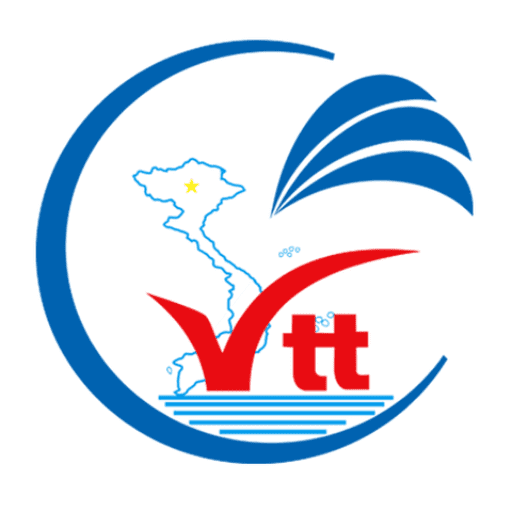Taxi Companies in Vietnam: Top Services, Rates, and Tips for Travelers
Taxi companies in Vietnam have become an essential part of urban mobility, providing various transportation solutions amidst the rapidly changing landscape of Vietnamese cities. With a blend of traditional and modern services, these companies cater to both local residents and tourists alike, ensuring that travel is not only convenient but also economical.
Table of Contents
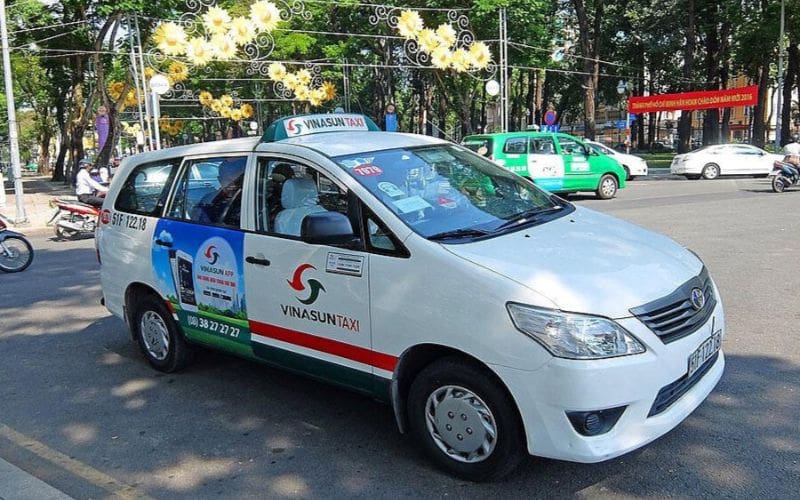
Overview of Taxi companies in vietnam
The taxi industry in Vietnam has undergone significant changes over the past few decades, influenced by rapid urbanization and technological advancements. Understanding the current state of this industry requires examining its historical development, key influencing factors, and the regulatory framework that governs operations.
Historical Development and Evolution
Historically, the concept of taxi services in Vietnam can be traced back to the 1990s when the economic reforms known as “Đổi Mới” began to take shape. During this time, foreign investments surged, leading to the establishment of numerous transportation companies. As cities expanded, the demand for reliable transport grew, resulting in the emergence of several prominent taxi companies in Vietnam.
In the early days, traditional metered taxis dominated the market. Vehicles were often older models, and service quality varied significantly. However, with the rise of technology in the 2000s, the industry witnessed a shift towards app-based ride-hailing services, which provided users with greater convenience and transparency. This evolution allowed consumers to compare prices in real-time, leading to increased competition among existing operators.
Key Factors Influencing the Market
Several key factors influence the taxi market in Vietnam today. Urbanization is at the forefront, as more people move to cities, leading to higher demand for efficient transportation options. Additionally, the growing number of tourists visiting Vietnam has amplified the need for reliable taxi services.
Technological innovation plays a crucial role, with ride-hailing apps like Grab making waves across the country. These platforms provide not only private taxi services but also motorcycle taxi services, thereby catering to different consumer preferences and budgets. Moreover, social changes, including shifting consumer attitudes towards transportation, are molding the landscape of taxi services in Vietnam.
Regulatory Framework and Government Policies
The Vietnamese government plays a vital role in regulating the taxi industry through licensing requirements, fare regulations, and safety measures. The Ministry of Transport oversees the registration of taxi companies, ensuring they meet certain standards before entering the market.
Additionally, policies aimed at improving road safety and reducing traffic congestion influence the operational practices of taxi companies. For instance, many cities impose restrictions on vehicle emissions, pushing companies to invest in greener alternatives. As such, environmental concerns are becoming increasingly relevant within the regulatory framework governing taxi companies in Vietnam.

Major Taxi Companies Operating in Vietnam
Vietnam’s taxi landscape features a mix of well-established brands and newer entrants, each vying for market share. Understanding the key players helps illuminate the competitive dynamics of the industry.
Grab Vietnam
Grab has emerged as a dominant player in the Vietnamese taxi sector. Initially starting as a ride-hailing app, it has transformed the way consumers think about transportation. With services extending beyond just taxis to include food delivery and payment solutions, Grab has integrated itself into daily life.
The appeal of Grab lies in its user-friendly app interface, which allows users to book rides seamlessly. Furthermore, Grab offers competitive pricing, making it an attractive option for consumers seeking the cheapest taxi service in Vietnam. As a multifunctional platform, it has set a benchmark for other companies to follow, pushing them to innovate their offerings.
Vinasun Taxi
Founded in 1995, Vinasun Taxi has established itself as one of the most reputable taxi companies in Vietnam. It primarily operates in Ho Chi Minh City but has expanded its services to other regions. Vinasun focuses heavily on maintaining high service standards, evident in its well-trained drivers and clean vehicles.
The company employs a transparent pricing strategy, ensuring that customers are aware of taxi rates in Vietnam prior to their journey. Vinasun’s commitment to customer satisfaction and reliability has earned it a loyal following among residents and visitors alike.
Mai Linh Taxi
Another major competitor is Mai Linh Taxi, which has been a staple in the Vietnamese taxi industry since 1993. Known for its distinctive green branding, Mai Linh operates thousands of vehicles across various cities in Vietnam.
The company’s focus on technology integration sets it apart from competitors. By investing in mobile applications and GPS systems, Mai Linh ensures that customers receive timely and efficient service. Their commitment to quality makes them one of the best taxi companies in Vietnam for those who prioritize safety and professionalism.
Uber (Historical Presence)
Although Uber ceased operations in Vietnam in 2018, its impact on the taxi market remains noteworthy. Uber introduced innovative practices and concepts that changed consumer expectations regarding taxi services. The ease of booking, price transparency, and flexible payment options influenced how local companies structured their services.
While no longer operating, Uber’s legacy lives on, prompting traditional taxi providers to adapt and evolve in response to the changing landscape of private transportation.
Other Regional and Local Taxi Providers
Beyond the major players, Vietnam is home to various regional and local taxi providers offering unique services tailored to specific areas. These companies often differentiate themselves based on pricing strategies, local knowledge, and personalized customer service. Examples include taxi companies catering specifically to tourist zones or those that offer special services like airport transfers.
These smaller firms contribute to the diversity of the market, providing consumers with a range of choices that suit their specific needs. In a country where tourism thrives, local taxi services play a vital role in supporting the economy and enhancing visitor experiences.
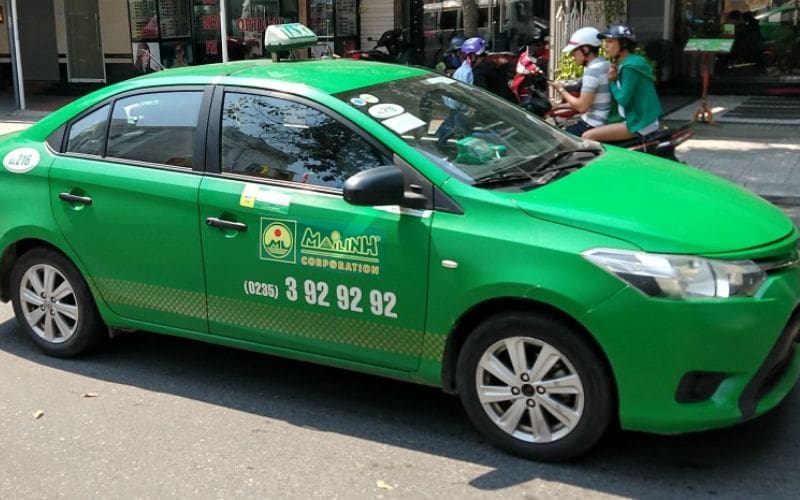
Services Offered by Vietnamese Taxi Companies
The array of services available through Vietnamese taxi companies reflects the diverse needs of consumers, ranging from traditional metered taxis to advanced app-based options.
Traditional Metered Taxis
Traditional metered taxis remain a popular choice among residents and tourists, particularly for those unfamiliar with app-based services. Metered taxis operate within regulated fare structures, providing transparency and predictability regarding pricing.
Many of these traditional services offer various vehicle types, accommodating everything from solo travelers to larger groups. Companies like Vinasun and Mai Linh stand out for their adherence to high-quality service standards, including well-maintained fleets and trained drivers who understand local navigation.
App-Based Ride-Hailing Services
As technology has advanced, so too has the taxi industry, with the rise of app-based ride-hailing services revolutionizing how consumers engage with transportation. Apps like Grab enable users to book rides from the comfort of their smartphones, creating a new era of convenience.
These services typically provide detailed driver and vehicle information, allowing passengers to feel more secure during their journeys. Additionally, the competition between different platforms leads to competitive pricing, often resulting in better rates for consumers.
Luxury and Premium Taxi Services
For those seeking an elevated experience, luxury taxi services are increasingly gaining traction in major urban centers. These services offer premium vehicles, enhanced amenities, and professional drivers trained to deliver exceptional customer service.
Companies specializing in luxury transport cater to business travelers and tourists looking for comfort and elegance during their trips. With a focus on personalized experiences, these services represent the upper tier of the taxi market in Vietnam.
Airport Transfers and Special Services
Airport transfer services are a crucial component of the taxi industry in Vietnam, facilitating seamless travel for international arrivals and departures. Many taxi companies offer pre-booked airport transfers, guaranteeing passengers a hassle-free experience.
Such services often include meet-and-greet arrangements, where drivers await passengers in the arrivals hall with signage, further enhancing the travel experience. Additionally, some companies provide specialized services for events or group bookings, catering to those who require additional logistics support.
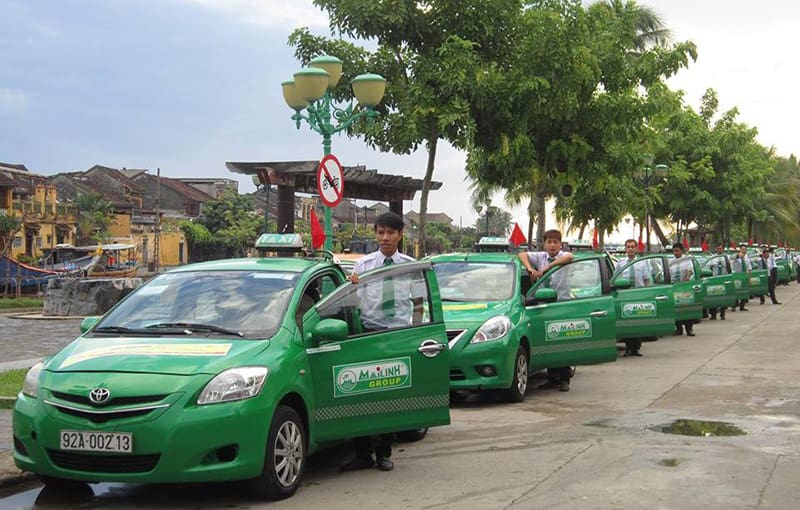
Technology and Innovation in Taxi Operations
The taxi industry in Vietnam continues to embrace technology, leveraging innovations to enhance the customer experience and improve operational efficiency.
Mobile Application Features
Mobile apps have redefined the way consumers interact with taxi services in Vietnam. Leading companies incorporate features such as real-time ride tracking, fare estimation, and driver ratings to foster trust and transparency.
Advanced functionalities like scheduled rides and multi-stop trips allow users to customize their travel plans. The integration of chat features also enables direct communication between drivers and passengers, promoting clarity and safety.
GPS and Navigation Systems
GPS technology and sophisticated navigation systems have become indispensable tools for modern taxi operations. These advancements allow for optimized routing, minimizing travel time and fuel consumption while ensuring passengers reach their destinations efficiently.
By using GPS data to monitor traffic conditions, taxi drivers can avoid congested areas, further improving service quality. Such technological applications enhance the overall riding experience for consumers while supporting environmentally conscious practices.
Cashless Payment Options
Cashless payment methods are increasingly being adopted by taxi companies in Vietnam, reflecting a global trend towards digital transactions. Payment integrations through credit cards, mobile wallets, and online banking promote convenience and security.
This shift caters to younger consumers accustomed to cashless transactions, allowing for seamless payments upon arrival at the destination. Eliminating cash handling reduces wait times and streamlines the overall process, enhancing customer satisfaction.
Vehicle Tracking and Safety Measures
Safety is a primary concern for both taxi operators and passengers. Advanced vehicle tracking systems enable real-time monitoring of taxis, providing reassurance to customers regarding their safety during rides.
Additionally, many companies implement stringent background checks for drivers to ensure passenger security. Enhanced safety protocols, such as emergency assistance features within mobile apps and vehicle cameras, further bolster the commitment to passenger well-being.
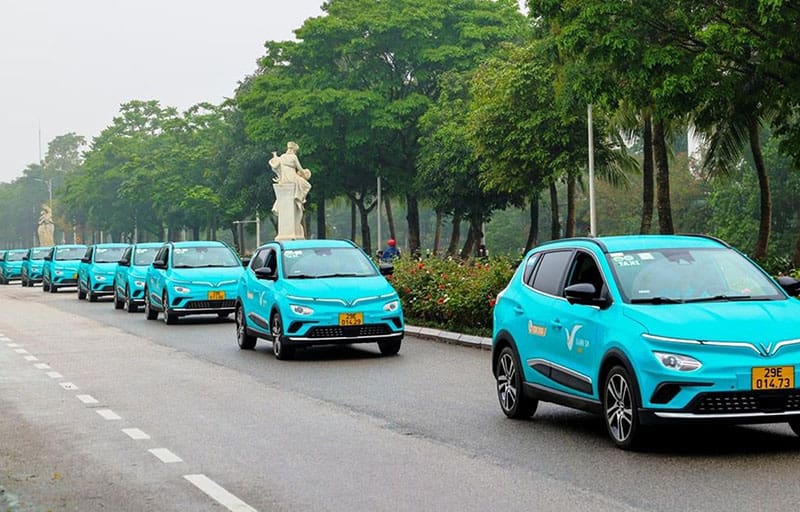
Comparing Taxi Service Quality
Not all taxi services are created equal; understanding the nuances between various providers can lead to informed decisions when selecting a taxi service.
Pricing Strategies and Fare Structures
Pricing strategies differ significantly among taxi providers in Vietnam. While traditional metered taxis rely on regulated fare systems, app-based services often adopt dynamic pricing models, adjusting rates based on demand and availability.
Consumers should compare grab taxi rates in Vietnam alongside traditional service offerings to determine the best value for their needs. Comprehensive pricing transparency is vital to building consumer trust and loyalty.
Vehicle Maintenance and Cleanliness
Vehicle upkeep is a critical aspect of service quality. Customers expect clean, well-maintained vehicles regardless of the taxi service they select. Leading companies prioritize regular maintenance checks and cleanliness standards to ensure passenger comfort.
Companies like Vinasun and Mai Linh have established reputations for consistently delivering immaculate vehicles, contributing positively to consumer perceptions and overall satisfaction.
Driver Professionalism and Training
The professionalism of drivers significantly impacts customers’ experiences. Many companies implement comprehensive training programs to ensure that drivers meet high standards of conduct, customer service, and local knowledge.
Establishing clear professional guidelines fosters a positive environment for both drivers and passengers. Exceptional driver performance can lead to repeat business and referrals, strengthening brand loyalty within the competitive landscape.
Customer Support and Feedback Mechanisms
Effective customer support channels are essential for addressing issues that may arise during a ride. Companies must implement responsive customer service mechanisms, enabling passengers to report problems or seek assistance promptly.
Feedback systems, including post-ride ratings and reviews, help companies gauge service quality and identify areas for improvement. Engaging with customer feedback demonstrates a commitment to excellence, ultimately fostering trust and loyalty.
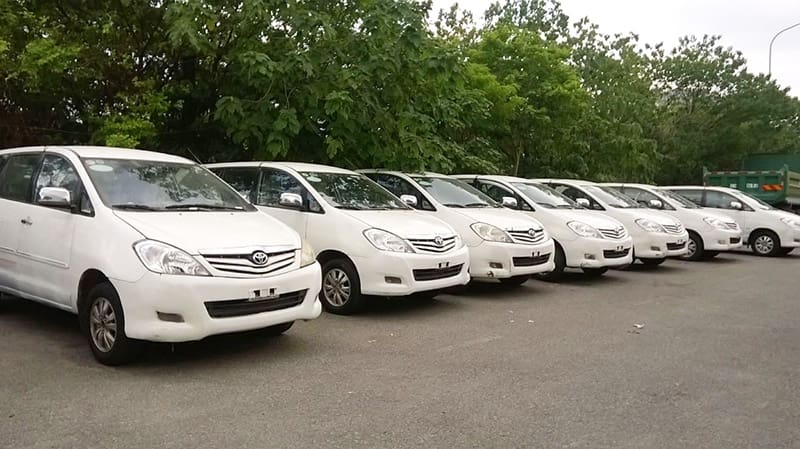
Challenges Facing Taxi Companies in Vietnam
Despite the promising growth trajectory, the taxi industry in Vietnam faces several challenges that can complicate operations and profitability.
Competition from Ride-Hailing Platforms
The rise of ride-hailing platforms presents a formidable challenge for traditional taxi companies, often leading to market share erosion. Consumers are drawn to the convenience and pricing flexibility offered by such platforms, compelling traditional operators to adapt rapidly.
To compete effectively, many taxi companies have developed their own app-based services, attempting to recapture customers who have shifted towards ride-hailing apps. Innovative marketing strategies and service diversification are essential for survival in this evolving landscape.
Traffic Congestion and Urban Mobility
Traffic congestion remains a pressing issue in major Vietnamese cities, complicating the efficiency of taxi services. Increased vehicle density can lead to delays, impacting both customer satisfaction and operational costs.
Addressing urban mobility challenges requires collaboration between taxi companies and local government authorities to devise sustainable solutions. Investments in infrastructure improvements and traffic management initiatives may alleviate some of these pressures.
Regulatory Compliance and Licensing Issues
Navigating the regulatory landscape poses ongoing challenges for taxi companies. Compliance with licensing and operational requirements can complicate organizational processes and create barriers for new entrants.
Companies must remain vigilant in adhering to regulatory changes, proactively adjusting their operational practices to maintain compliance. Failure to do so can result in penalties and reduced market access, underlining the importance of staying informed.
Environmental Concerns and Eco-Friendly Initiatives
Environmental sustainability is becoming an increasingly important consideration within the taxi industry. Companies face pressure to reduce greenhouse gas emissions and minimize their carbon footprint.
Investing in eco-friendly vehicles and implementing green practices, such as optimizing fuel consumption and encouraging electric vehicle adoption, can position companies favorably in the eyes of environmentally-conscious consumers.
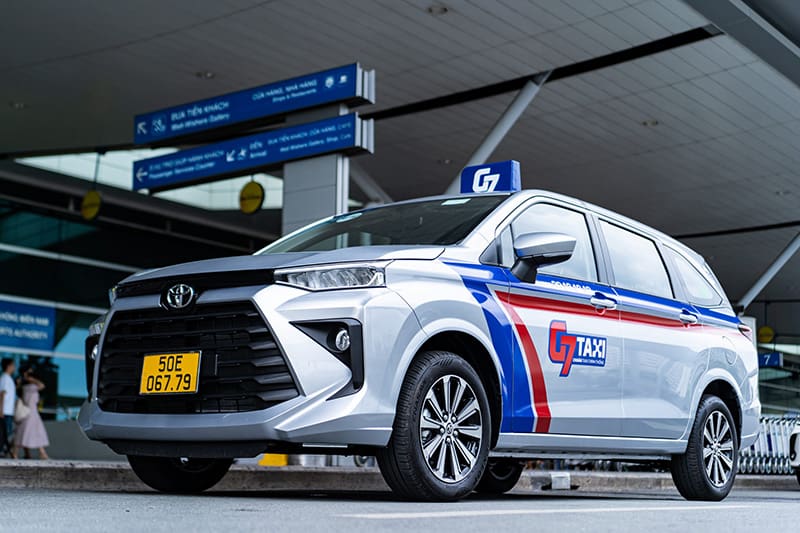
The Impact of Ride-Hailing Apps on Traditional Taxis
The emergence of ride-hailing apps has fundamentally reshaped the taxi landscape in Vietnam, prompting both challenges and opportunities for traditional operators.
Market Share Shifts
Ride-hailing platforms have captured significant market share, forcing traditional taxis to reevaluate their business models. Many consumers now prioritize the ease and convenience of app-based services over traditional options.
This shift has led to a decline in ridership for conventional taxis, spurring companies to innovate and enhance their offerings. The ability to adapt to this changing dynamic will determine the future viability of traditional taxi operators.
Adaptation and Integration Strategies
In response to the rise of ride-hailing, many taxi companies are developing adaptation strategies that leverage technology to attract customers. This includes launching proprietary mobile apps and integrating various services under one umbrella.
Moreover, partnerships with ride-hailing platforms or incorporating hybrid models may provide traditional taxis with the necessary resources to thrive alongside the competition. Embracing change is crucial for traditional taxi companies to maintain relevance in the evolving market.
Consumer Preferences and Trends
Consumer preferences are continually shifting, influenced by factors such as convenience, pricing, and brand loyalty. The success of ride-hailing apps highlights the importance of adaptability in meeting diverse consumer needs.
Understanding emerging trends, such as the desire for sustainable transportation options and cashless payment preferences, will enable taxi companies to tailor their services effectively. Engaging with customers through surveys and feedback mechanisms can provide valuable insights into evolving expectations.
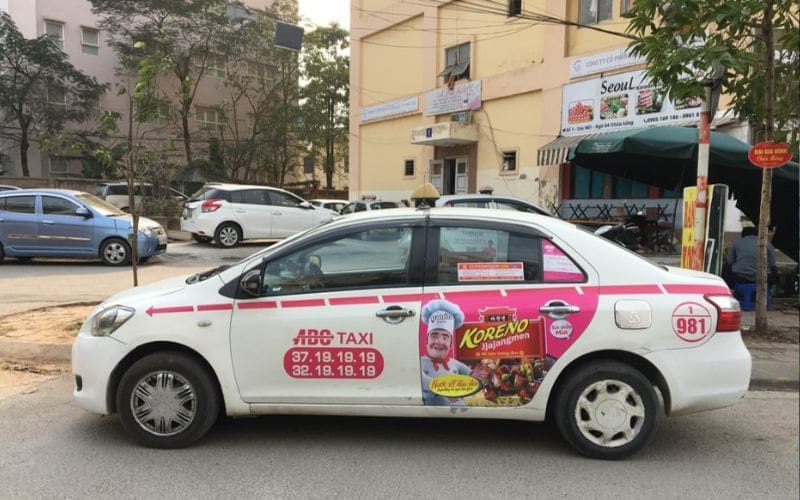
Regulatory Environment and Legal Considerations Taxi companies in vietnam
A robust regulatory framework is essential for maintaining order and safety in the taxi industry. Understanding the legal considerations is vital for companies operating within this space.
Licensing and Permit Requirements
All taxi companies in Vietnam must comply with licensing and permit requirements set forth by the government. This includes obtaining necessary approvals, registrations, and inspections to ensure vehicle eligibility for public transport.
Failing to meet these criteria can result in penalties or operational suspension, emphasizing the importance of thorough compliance procedures within organizations.
Price Regulation Policies
Price regulation policies exist to protect consumers from exploitative pricing practices. The government monitors taxi fares, establishing guidelines to ensure affordability and fairness within the market.
Taxi companies must navigate these regulations carefully, balancing profitability with compliance. Transparent pricing strategies that align with government policies can build consumer trust and drive repeat business.
Safety and Insurance Regulations
Safety regulations play a crucial role in protecting both drivers and passengers. Taxi companies must adhere to strict safety standards, including vehicle maintenance, driver background checks, and insurance coverage.
Compliance with these regulations not only ensures passenger safety but also enhances brand reputation. Companies that prioritize safety measures can distinguish themselves in a crowded marketplace, attracting consumers who value security during transport.
Future Trends Taxi companies in vietnam
As the Vietnamese taxi industry evolves, several trends indicate potential shifts in the market landscape. Anticipating these developments will be crucial for companies aiming to remain competitive.
Adoption of Electric Vehicles
The push towards sustainability and eco-friendliness is likely to encourage the adoption of electric vehicles in the taxi sector. As environmental awareness grows, both consumers and regulatory bodies are advocating for cleaner transport solutions.
Investment in electric vehicle infrastructure, such as charging stations, will become paramount for successful implementation. Companies willing to embrace this transition will position themselves favorably within an increasingly conscious consumer base.
Expansion of Digital and Contactless Payments
The trend towards digital and contactless payments is expected to continue growing. As consumers become more accustomed to cashless transactions, taxi companies that offer diverse payment options will enjoy a competitive edge.
Adopting advanced payment technologies can streamline the transaction process, enhancing customer convenience while increasing operational efficiency. Companies that swiftly integrate these innovations will likely see improved retention and satisfaction rates.
Integration with Smart City Initiatives
The concept of smart cities emphasizes the integration of technology to improve urban living conditions. Taxi companies can play a pivotal role in this transformation by collaborating with city planners and tech innovators.
Participating in smart city initiatives can lead to improved traffic management, enhanced public safety, and greater accessibility for citizens. By positioning themselves as integral components of urban innovation, taxi companies can align their services with broader societal goals.
Growing Demand for Sustainable Transportation
Sustainability is poised to become a defining characteristic of the transportation industry. As public consciousness shifts towards climate action, taxi companies must proactively address sustainability concerns.
Offering eco-friendly transport solutions, such as hybrid or electric vehicles, and adopting carbon offset initiatives will resonate with environmentally-aware consumers. Companies committed to sustainable practices will be better positioned to capture market share in an increasingly competitive landscape.
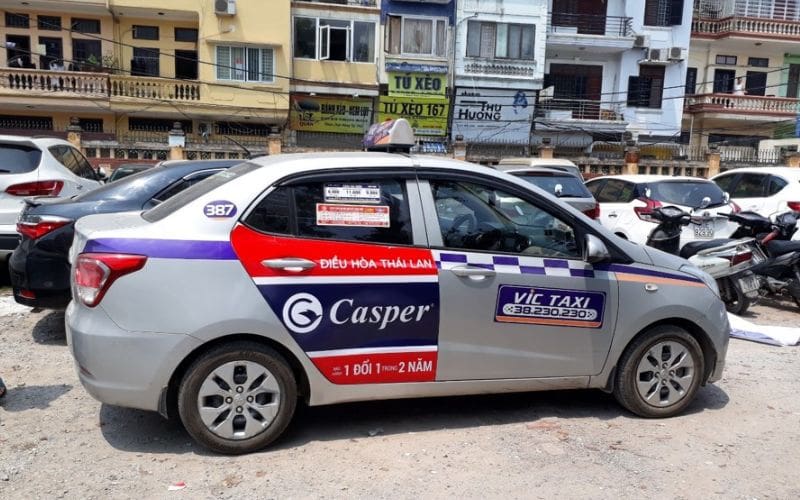
Customer Experience and Satisfaction with Taxi companies in vietnam
Customer experience is at the heart of any successful taxi service. Understanding the factors that contribute to satisfaction can help companies refine their offerings and strengthen customer loyalty.
Booking ConvenienceWhy Choose Car Rental Services in Vietnam for Business Travel?
Convenience is a key determinant of customer satisfaction. Companies that facilitate easy booking processes—whether through phone calls, mobile apps, or websites—are more likely to retain customers.
Efficient booking systems should minimize waiting times and allow for quick ride scheduling. Providing multiple booking options gives customers the flexibility they desire, enhancing the overall experience.
Transparency in Pricing
Pricing transparency is crucial for building trust with customers. Clear fare structures and upfront cost estimates empower consumers to make informed decisions and mitigate any potential misunderstandings.
Regularly communicating pricing changes and justifying them through service enhancements can further reinforce consumer confidence. Companies that uphold transparency are more likely to cultivate long-term relationships with riders.
Ride Comfort and Vehicle Quality
The quality of the vehicle significantly impacts passenger comfort. Companies emphasizing vehicle maintenance, cleanliness, and interior comfort will enhance the overall riding experience.
Ensuring that vehicles are equipped with modern amenities can differentiate a company from its competitors. Regular assessments of vehicle condition and performance will likewise convey a commitment to passenger welfare.
Handling Complaints and Dispute Resolution
An effective complaints resolution system is vital for addressing customer grievances. Companies must establish responsive channels for feedback, enabling swift resolution of issues that arise during or after rides.
Demonstrating accountability and a willingness to rectify problems can turn negative experiences into opportunities for growth. Proactive engagement with dissatisfied customers can enhance brand loyalty and foster long-term relationships.
Economic Impact of Taxi Companies in Vietnam
The taxi industry plays a vital role in shaping Vietnam’s economy and urban infrastructure. Recognizing its contributions can inform public policy and investment decisions.
Employment Opportunities
Taxi companies contribute significantly to job creation, employing thousands of drivers and support staff across the country. This employment proliferation aids local economies and stimulates job markets.
Through training programs and professional development, taxi companies can enhance the skills of their workforce, improving overall service quality and employee retention. Investing in human capital will yield long-term benefits for both companies and employees.
Contribution to Urban Mobility Infrastructure
As urban centers grow and evolve, effective transportation networks become increasingly important. Taxi companies enhance urban mobility by providing essential services that connect residents with employment, education, and recreational opportunities.
Their presence supports public transit systems, alleviating congestion and enriching community connectivity. Stakeholders must recognize the role of taxi services in fostering sustainable urban environments.
Support for Tourism and Business Travel
The taxi sector is a critical facilitator of tourism and business travel in Vietnam. With millions of visitors each year, reliable transportation options contribute to positive impressions of the country and its hospitality.
By providing accessible travel solutions, taxi services enhance tourists’ experiences and encourage repeat visits. Successful interactions can also lead to significant economic benefits for local businesses and communities.
Regional Variations Taxi companies in vietnam
Taxi services across Vietnam showcase varying characteristics and operational practices shaped by regional demands and cultural influences.
Hanoi’s Taxi Market Dynamics
Hanoi’s taxi market is characterized by a mix of traditional metered services and app-based ride-hailing platforms. As the capital city, it attracts substantial tourist traffic, necessitating diversified offerings.
Major companies, such as Vinasun and Mai Linh, compete alongside ride-hailing apps. Navigating Hanoi’s intricate streets requires skilled drivers familiar with local geography, underscoring the need for training focused on urban navigation.
Ho Chi Minh City’s Transportation Landscape
Ho Chi Minh City represents one of the largest taxi markets in Vietnam, with a highly competitive landscape. Multiple taxi companies operate side by side, striving to differentiate themselves through pricing, service quality, and branding.
The presence of ride-hailing services has intensified competition, prompting traditional taxi operators to innovate and improve their offerings. Consumer preferences in this bustling metropolis continue to evolve, requiring companies to remain agile and responsive.
Provincial and Rural Taxi Operations
Outside major urban centers, regional and rural taxi services vary widely based on local demand. Smaller providers often cater to localized markets, focusing on community needs and personalized service.
These taxi services play a crucial role in connecting remote areas with urban hubs, contributing to regional socioeconomic development. Their existence underscores the importance of transportation accessibility for all segments of society.
Case Studies of Successful Taxi companies in vietnam
Examining case studies of successful taxi companies provides valuable insights into effective strategies and innovative practices.
Strategies That Led to Market Leadership
Market leaders in the Vietnamese taxi sector have employed several strategies to achieve success. Companies like Grab have capitalized on technology and consumer demand, successfully blending traditional transportation with modern digital solutions.
Leveraging data analytics to optimize routes and enhance customer experiences demonstrates how innovative practices can yield competitive advantages. Adapting swiftly to market changes and consumer preferences is essential for sustained success.
Innovative Practices and Customer Loyalty Programs
Building customer loyalty requires innovative practices that resonate with consumers. Companies that implement rewards programs, referral bonuses, and loyalty incentives can foster strong connections with their clientele.
Providing excellent customer experiences, along with consistent communication, reinforces brand perception and encourages repeat business. Companies must regularly assess and update their loyalty initiatives to ensure relevance in a dynamic marketplace.
Conclusion Taxi companies in vietnam
The taxi industry in Vietnam showcases a rich tapestry of history, innovation, and market dynamics. From traditional metered services to modern ride-hailing platforms, the sector is adapting to changing consumer preferences while navigating challenges posed by competition and regulatory frameworks. As technology continues to reshape the landscape, taxi companies must prioritize customer satisfaction, environmental sustainability, and operational efficiency to remain relevant in this ever-evolving market. The future promises exciting opportunities for further growth and innovation within Vietnam’s vibrant taxi ecosystem.
Amidst countless options, you are probably looking for a travel company that truly understands Vietnam to turn your dream of exploring this S-shaped land into a reality. We, a local travel company in the heart of Vietnam, are proud to be natives of this land, carrying within us a love and deep understanding of every corner and every unique cultural aspect. Different from international travel companies, we don’t just offer tours; we share the most authentic and intimate experiences with Vietnamese life and people. You will discover famous destinations such as the majestic Ha Long Bay, the poetic ancient town of Hoi An, or the serene Imperial City of Hue from a local’s perspective
We understand that when setting foot in a foreign country, dedicated and timely support is extremely important. Therefore, our support team is always ready 24/7 throughout your journey in Vietnam, answering all your questions and assisting you in every situation. Moreover, with full licenses to organize domestic and international tours issued by the Vietnamese government, you can be completely assured of our prestige and service quality. Contact us today for the most professional and dedicated consultation, and let’s plan an unforgettable and complete trip to Vietnam together
At Vietnamtour.travel, we’re dedicated to making your journey seamless and memorable. We offer a comprehensive range of services, including Hotel booking, Car rental, Visa assistance, and Airport fast-track services, ensuring all your travel needs are covered.
Beyond the essentials, we specialize in a diverse array of tourism types tailored to your interests. Whether you’re looking for a Private, custom-designed tour, a relaxing Beach and island getaway, an enriching Cultural exploration, the vibrant energy of Urban tourism, or an authentic Agricultural and rural experience, we have something for everyone. We also expertly handle MICE tourism (Meetings, Incentives, Conferences, Exhibitions), providing professional solutions for corporate events.
Contact Us Now Taxi companies in vietnam
WhatsApp 1 : +84 965 251 618
WhatsApp 2 : +84 989 248 646
Email: info@vietnamtour.travel
support@vietnamtour.travel
Website: www.vietnamtour.travel
• Hanoi Office: No. 3, Ngo 225 Luong The Vinh Street, Trung Van Ward, Nam Tu Liem District, Hanoi
• Ho Chi Minh City Office: Room 503, 5th Floor, C4 Building, Gia Khang Apartment Complex, 38 Street, Ward 14, Go Vap District, Ho Chi Minh City
Discover Ben Tre Floating Market: A Cultural Treasure
Discover Vietnam Package Holidays 2025 from Australia NZ
Air Ticket Price to Vietnam: Find Affordable Flights Today!
Ultimate Guide to Vietnam Tours from Luxembourg
Why Choose Car Rental Services in Vietnam for Business Travel?
Car Rental – Exploring Options, Locations and Tips
